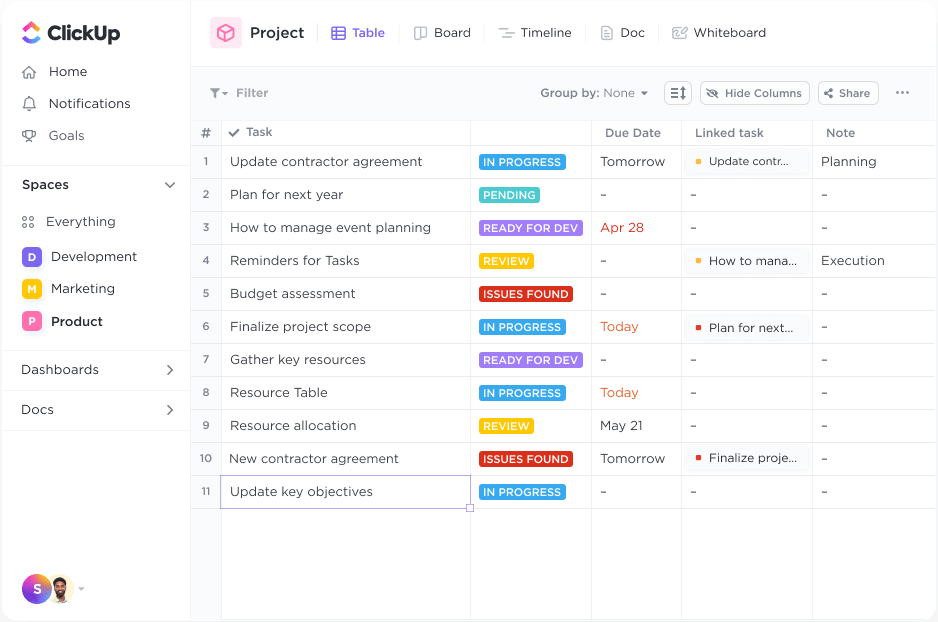5 Tips to Use Excel Sheets as Databases

Microsoft Excel is an incredibly versatile tool that can be harnessed not just for basic calculations and data entry but also for managing small to medium-sized datasets as databases. This flexibility comes from Excel's features like tables, data validation, and a host of data manipulation functions. Here's how you can leverage Excel sheets as databases effectively:
1. Understand Basic Database Concepts

Before you dive into using Excel as a database, understanding the foundational concepts of databases can be crucial:
- Records: Each row in an Excel sheet represents a record.
- Fields: Each column represents a field or an attribute of the record.
- Primary Keys: Unique identifiers for each record which help in managing and organizing data.
🔎 Note: Knowing these concepts helps in structuring your Excel sheets to mimic a database’s functionality effectively.
2. Create Tables for Easy Data Management

Using Excel tables offers significant advantages:
- Auto-formats your data for better readability.
- Automatically expands when new data is added.
- Facilitates sorting, filtering, and data analysis.
1. Select your data range.
2. Go to the ‘Insert’ tab and click on ‘Table’.
3. Confirm your range and ensure the ‘My table has headers’ box is checked.
3. Implement Data Validation to Ensure Data Integrity

Setting up data validation rules helps maintain consistency and accuracy:
- Prevents invalid entries, thus maintaining data integrity.
- Can set up dropdown lists for fields requiring predefined input.
1. Select the cells where you want to apply validation.
2. Go to ‘Data’ > ‘Data Validation’.
3. Set up rules like text length, numeric values, or list from another range.
⚠️ Note: Data Validation is critical for maintaining data quality especially in shared work environments.
4. Utilize Advanced Functions for Data Manipulation

Excel offers functions to manipulate data in various ways:
- VLOOKUP/HLOOKUP: For cross-referencing data between sheets.
- INDEX/MATCH: More flexible than VLOOKUP for lookups.
- Power Query: Import, transform, and load data from multiple sources.
- Macros: Automate repetitive tasks for efficient data management.
These functions allow for complex data manipulation while keeping your data organized.
5. Optimize for Multi-user Collaboration

Excel has built-in features for real-time collaboration:
- Save files to OneDrive or SharePoint for shared access.
- Use ‘Track Changes’ to monitor edits made by different users.
- Protect worksheets or ranges to prevent unauthorized changes.
In conclusion, Excel's versatility as a database tool extends from basic data organization to sophisticated data handling through tables, validation, and advanced functions. However, while Excel works well for small to medium datasets, for larger data volumes or more complex database requirements, consider moving to dedicated database solutions like SQL Server or Access.
Can Excel replace a dedicated database system?

+
While Excel can manage small to medium datasets effectively, it lacks the scalability, data integrity, and concurrency control features of dedicated database systems. For large-scale or complex data operations, consider using database management systems like MySQL or Microsoft Access.
How can I ensure data security in a shared Excel file?

+
To secure data, use features like worksheet protection, encrypting the file with a password, or utilizing OneDrive’s sharing settings to control access and edit rights.
What are the limitations of using Excel as a database?

+
Excel has limits in terms of rows and columns (1,048,576 rows by 16,384 columns in Excel 2007 and later versions), lacks comprehensive relational data structures, and struggles with real-time data updates or complex queries compared to traditional databases.